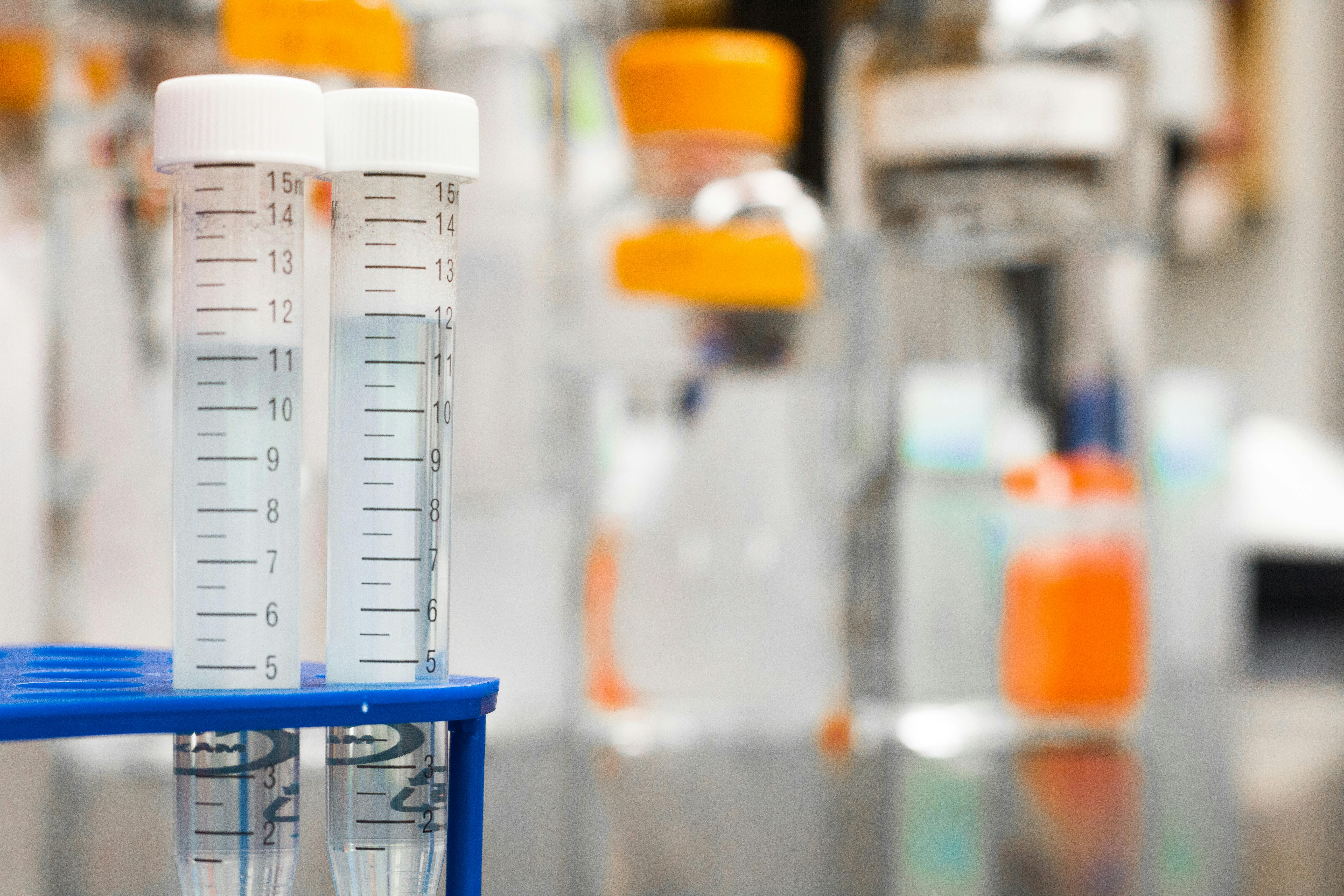
In today’s fast-paced work environment, maintaining a safe and productive workplace is a top priority for employers across the globe. One of the key strategies to achieving this goal is through effective drug testing programs. However, traditional methods of drug testing have often been met with challenges, including concerns over privacy, accuracy, and timeliness. As technology advances, so too do the methods of ensuring a drug-free workplace. This article delves into the innovative drug testing technologies and methodologies that are setting new standards for safety and efficiency in the workplace.
The Evolution of Drug Testing
Drug testing in the workplace has come a long way from its early days. Initially, the process was invasive, limited in scope, and largely reactive. Nowadays, with the advent of new technologies, drug testing has become more sophisticated, offering quicker results and covering a wider range of substances. Innovations in this field are not only enhancing the accuracy of tests but also respecting the privacy and dignity of employees.
Breaking New Ground in Testing Methods
Recent advancements in drug testing technology are transforming the landscape. From sweat patches to hair analysis and breath analyzers, the new methodologies extend beyond the traditional urine and blood tests. These novel approaches allow for longer detection windows, minimal invasiveness, and the ability to detect impairment in real time.
Among the groundbreaking methodologies, unknown substance drug testing is particularly notable for its ability to provide detailed insights over a longer period. This method facilitates a comprehensive analysis, making it an ideal choice for employers seeking to ensure a safe work environment.
Challenges and Ethical Concerns
Despite the progress, the implementation of advanced drug testing technologies is not without its challenges. Ethical concerns, such as the potential for discrimination and the question of where to draw the line between employer oversight and personal privacy, remain at the forefront. The future of drug testing in the workplace will likely hinge on finding a balance that respects both the safety of the workplace and the rights of employees.
Digital Integration and Real-Time Results
The digital era has ushered in software and applications that integrate with testing devices, providing immediate results. This leap forward not only speeds up the process but also significantly reduces human error. With real-time data, employers can make informed decisions more efficiently, ensuring a safer workplace environment.
The Role of Artificial Intelligence
Artificial Intelligence (AI) is set to revolutionize drug testing by automating the detection process and increasing the accuracy of results. AI algorithms can learn from vast datasets to identify patterns and anomalies, which could indicate substance abuse. This technology promises to make drug testing more reliable, faster, and less prone to manipulation.
Adopting a Culture of Transparency
Transparency between employers and employees regarding the purposes and processes of drug testing can foster a more trusting and respectful work environment. Clear communication about the goals and benefits of drug testing helps to alleviate concerns and rumors, ensuring everyone is aligned with the workplace’s safety objectives. Building a culture of transparency also includes involving employees in discussions around drug testing policies and privacy safeguards.
Privacy Considerations in Modern Drug Testing
As drug testing methods evolve, so too does the need for stringent privacy safeguards. The latest innovations aim to reduce the intrusiveness of tests while ensuring that the results are strictly confidential. Privacy-by-design approaches in drug testing technologies ensure that employee rights are protected even as employers uphold a drug-free workplace policy.
Looking Toward the Future
As we look to the future, ongoing innovation and ethical considerations will continue to shape the landscape of workplace drug testing. Employers and technology developers must work hand in hand to create solutions that uphold safety without sacrificing individual rights. By staying committed to these principles, we can expect to see a future where drug testing contributes positively to both workplace safety and employee well-being.
The Importance of Employee Support Systems
While drug testing plays a critical role in ensuring workplace safety, it’s also essential for employers to offer support systems for employees who may be struggling with substance abuse. Comprehensive support might include access to counseling services, substance abuse programs, and an empathetic approach to recovery and rehabilitation. This holistic approach not only aids in recovery but also reinforces a culture of care and understanding within the workplace.
Innovative drug testing is unmistakably forging a path toward safer and more efficient workplaces. By embracing new technologies and methodologies, employers are better equipped to maintain drug-free environments, benefitting both their businesses and their employees. However, as we advance, it’s crucial to navigate the complex terrain of ethics and privacy with care, ensuring that innovation serves to uplift and protect all stakeholders involved.